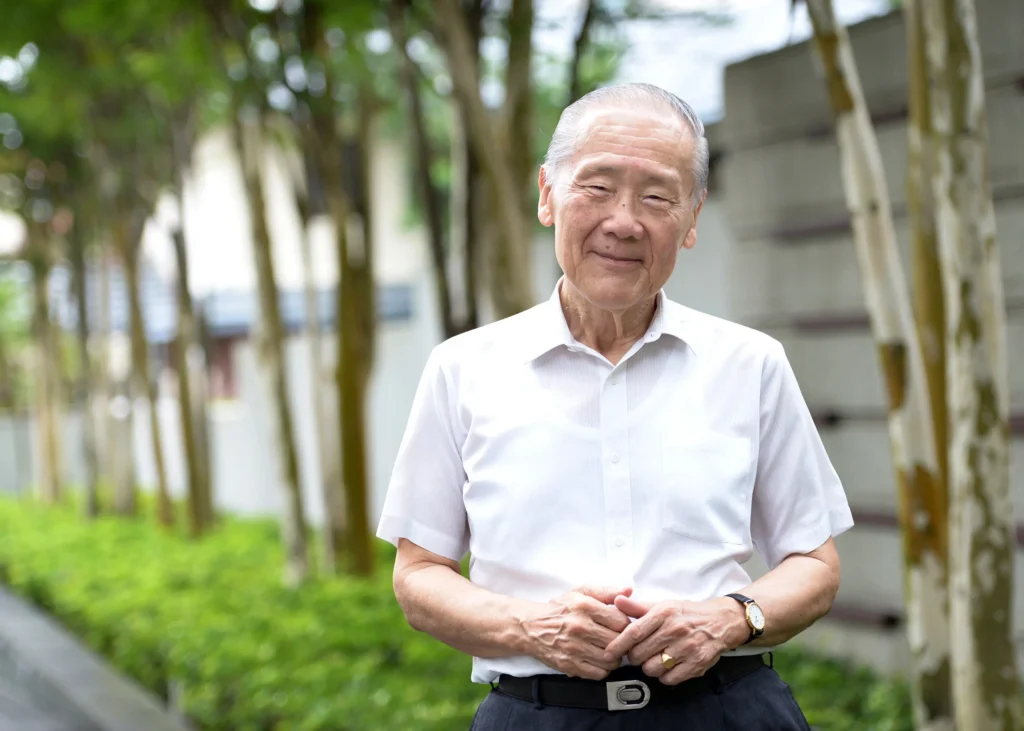In Living With Civilisations, a recently published collection of four IPS-Nathan Lectures by Singapore-based professor Wang Gungwu, he explores the civilisations that shaped the history and nation-building process of Southeast Asian states. The following excerpt is from the prominent China historian’s fourth lecture, on Chinese-majority Singapore’s “exceptional conundrum” in balancing its ties with the United States and China.
Singapore tells an extraordinary story of adjustment and adaptation that is especially pertinent to the subject of these lectures. As an unexpected nation-state, its first leaders did well by their decision to embrace its modern administrative and legal heritage, and expand the range of its imperial economic connections. It saw the United Nations organisation as the embodiment of a renewed Enlightenment civilisation. This protected sovereign nation states wherever located and however small.
Everyone was conscious that three-quarters of Singapore’s population was of Chinese origin. That had always been a source of unease in the region. Furthermore, no one foresaw the swift rise of China and its turn towards a state-centred capitalism that provided it with the economic power to make it appear as a threat to the United States.
Nobody anticipated that the severely weakened Sinic civilisation could have used its two revolutions to achieve modernisation so quickly. It now claimed to be the successor to a continuous Sinic centralised state. When China also claimed to have drawn inspiration from the same Enlightenment roots as the West, the US began to demonise the Communist Party-led party-state as returning to the ideology previously represented by the Soviet Union. This ignores China’s deep roots in a civilisation that had considered itself central and exceptional for millennia.
China’s success in using the developed world’s free-market economy to reach out to the developing world has made its modern claims more credible than anyone thought possible. Equally surprising has been the American response. Politically polarised by extremists of every colour and creed, the US has called for an aggressive nationalism against China. That seemed to have been the only call that could unite the country.
Source: South China Morning Post


